
What can we expect from a national final for Eurovision 2026? In the second article in the “Preparing for 2026” series, we compare between the different Eurovision selections, and examine them in different criteria. Article by Ilay Gaist and Adiel Shtainmetz.
Every year, with the revival of the Eurovision season, thousands of fans across Europe fall in love with certain songs and hope they will finish high in their national finals and go on to represent their country at Eurovision. In the second article of the series, “Preparing for 2026“, we dive into the most captivating topics around Europe’s Eurovision national finals, and focus on the key statistics underlying the most notable national finals across Europe.
Join us as we explore, in detail, the legacy and numbers behind these shows: Which national finals are the oldest? Which are deeply rooted traditions within their countries? Which have produced the best results? Which national finals stand out as the most exciting and influential? Here is a glimpse into the data and history behind national finals across Europe.
The Most Consistent National Finals

Each year, several countries consistently use national selection shows to choose their Eurovision entries. Particularly noteworthy are the Nordic countries.
Sweden joined Eurovision in 1958, and since 1959, has used “Melodifestivalen” as its national broadcaster’s official selection show. Denmark debuted in 1957 and has used “Dansk Melodi Grand Prix” every year since. Norway began competing in 1960 and, except for 1991 – when the entry was chosen internally – has also relied on its “Melodi Grand Prix”. Iceland has primarily used its “Songvakeppnin”, established in 1981, although on some occasions representatives were internally selected. Last but not least – Finland. Finland has participated since 1961, and except for 1963, when the song was selected via a private final, the artist was selected internally.
 The Baltic states also have demonstrated a strong, consistent tradition. Lithuania joined in 1994 and, while its national final changed names multiple times, has always used one. Estonia, also joining in 1994, used “Eurolaul” until 2008, thereafter switching in 2009 to “Eesti Laul”. The last baltic country, Latvia, entering in 2000, won the contest only two years later. Their national final evolved twice, from “Eirodziesma” (in English: “European Song”) in 2000-2012, to “Dziesma” (in English: “Song”) in 2013-2014, and then to “Supernova” from 2015 onward, except for 2021, when Samanta Tina was internally selected following Eurovision 2020’s cancellation.
The Baltic states also have demonstrated a strong, consistent tradition. Lithuania joined in 1994 and, while its national final changed names multiple times, has always used one. Estonia, also joining in 1994, used “Eurolaul” until 2008, thereafter switching in 2009 to “Eesti Laul”. The last baltic country, Latvia, entering in 2000, won the contest only two years later. Their national final evolved twice, from “Eirodziesma” (in English: “European Song”) in 2000-2012, to “Dziesma” (in English: “Song”) in 2013-2014, and then to “Supernova” from 2015 onward, except for 2021, when Samanta Tina was internally selected following Eurovision 2020’s cancellation.
Other countries with reliable national finals include Albania, Moldova, Portugal, Croatia, and Ukraine.
The Oldest and Traditional National Finals

Some countries regard their national final as a tradition no less significant than Eurovision itself, Especially prominent in this perception is Italy, for whom “Festival Di Sanremo” is even more important than Eurovision! “Festival Di Sanremo” was one of the great inspirations for Eurovision, having been founded five years earlier, in 1951, and constituting a clear line of thought for the creator of our beloved contest, Marcel Bezençon.
Another country that attributes supreme importance to its local festival long before joining Eurovision is Albania, which has held the “Festivali i Këngës” (in English: “The Songs Festival”) every year since 1962! Every December, the festival takes place, revering Albanian culture and language. In its 42nd edition, in December 2003, the festival took on an additional role – the Albanian Eurovision national final, a role the festival has fulfilled every year without interruptions.
 Another long-standing national final is Portugal’s “Festival Da Canção” (in English: “The Songfestival”), which has served as Portugal’s Eurovision selection since its debut in 1964. The contest originally bore the name “Grande Prémio TV da Canção Portuguesa”, later shortened to “Festival RTP Da Canção”, and then shortened once more, but under all these names it has served as Portugal’s official selection process for Eurovision. Another relatively consistent country in its approach is Croatia. Croatia has chosen most of its songs through the national selection “Dora”, with no less than 23 out of its 30 Eurovision songs coming from this process. Exceptions were the years 1993-1994, when Croatia selected its entries through the Croatian Television Festival “Hrvatski televizijski festival”, and between 2012-2018, apart from two absences, in 2014-2015, Croatia chose through internal selection.
Another long-standing national final is Portugal’s “Festival Da Canção” (in English: “The Songfestival”), which has served as Portugal’s Eurovision selection since its debut in 1964. The contest originally bore the name “Grande Prémio TV da Canção Portuguesa”, later shortened to “Festival RTP Da Canção”, and then shortened once more, but under all these names it has served as Portugal’s official selection process for Eurovision. Another relatively consistent country in its approach is Croatia. Croatia has chosen most of its songs through the national selection “Dora”, with no less than 23 out of its 30 Eurovision songs coming from this process. Exceptions were the years 1993-1994, when Croatia selected its entries through the Croatian Television Festival “Hrvatski televizijski festival”, and between 2012-2018, apart from two absences, in 2014-2015, Croatia chose through internal selection.
 We discussed about the Baltics earlier, but it is important to mention Estonia, which has chosen all of its songs without exception through a national final. Since 1993, Estonia has selected its songs through “Eurolaul” (in English: “European Song”), but in 2009 it changed the name to “Eesti Laul” (in English: “Estonian Song”) in order to strengthen the contest’s identity among the artists and the country and to create content and music that better fit the Estonian taste and culture without compromises or attempts to conform to Europe.
We discussed about the Baltics earlier, but it is important to mention Estonia, which has chosen all of its songs without exception through a national final. Since 1993, Estonia has selected its songs through “Eurolaul” (in English: “European Song”), but in 2009 it changed the name to “Eesti Laul” (in English: “Estonian Song”) in order to strengthen the contest’s identity among the artists and the country and to create content and music that better fit the Estonian taste and culture without compromises or attempts to conform to Europe.
Eurovision 2026: The 70th Eurovision Song Contest will be held in Austria, following the country’s third historic win with the song “Wasted Love” performed by JJ. This will be the third time the contest is hosted in Austria, after 1967 and 2015.

Email: [email protected]
Phone: +972-50-9441919
Ilay Gaist is a leading Israeli content creator and writer specializing in the Eurovision Song Contest. He is a well-known commentator with extensive expertise in the contest’s history, rules, and dynamics. His passion for Eurovision drives him to deliver rich, professional, and innovative content to his audience.
Ilay holds a bachelor’s degree in Arabic and has a multilingual background. He also engages in cultural research, with a particular focus on global culinary traditions and the evolution of local cuisines around the world.

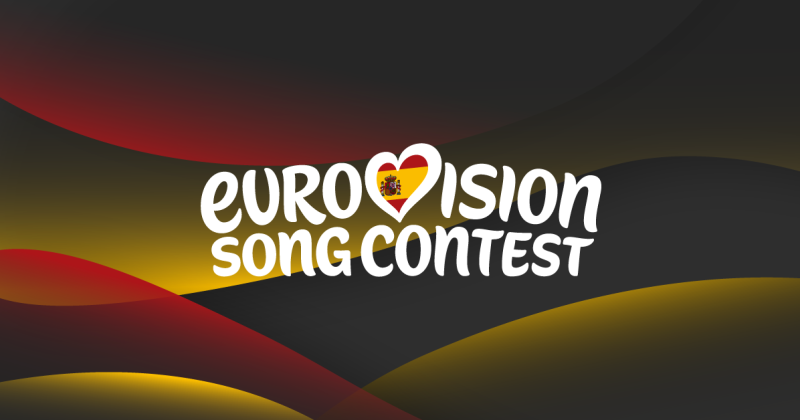
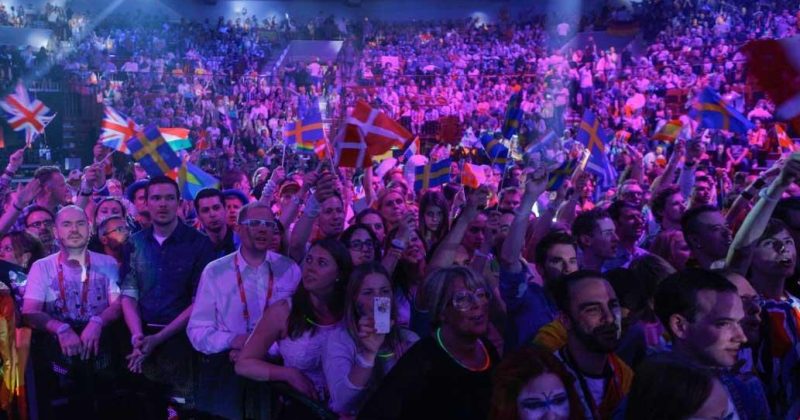
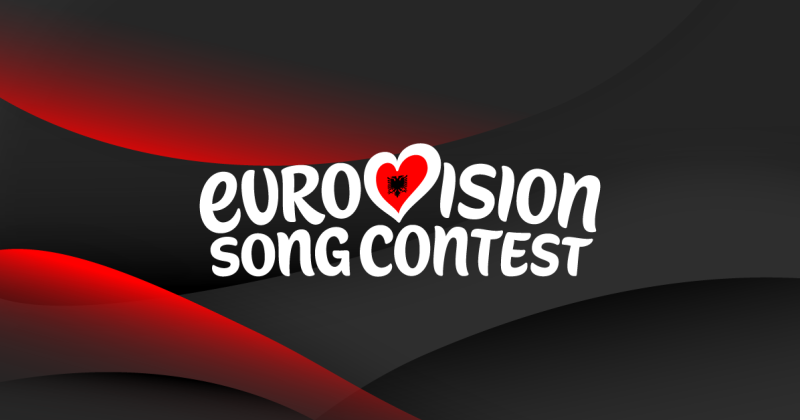

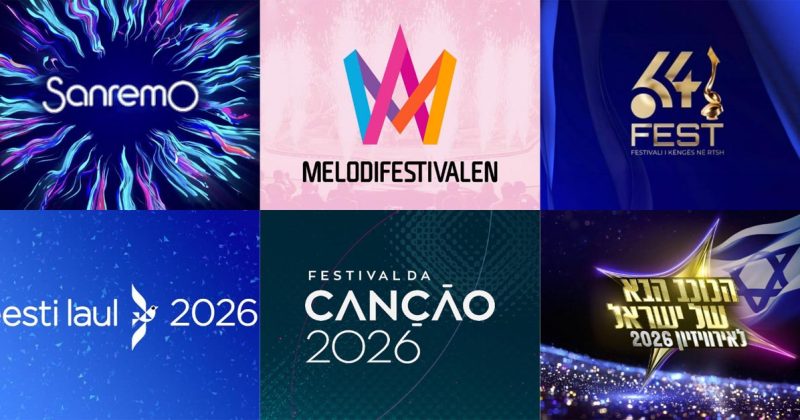

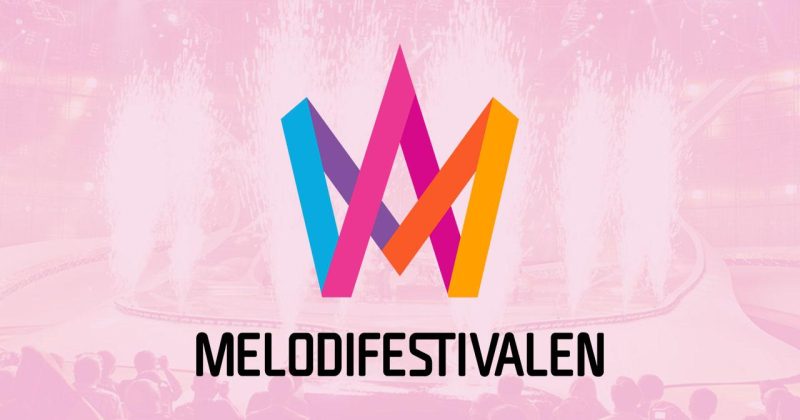
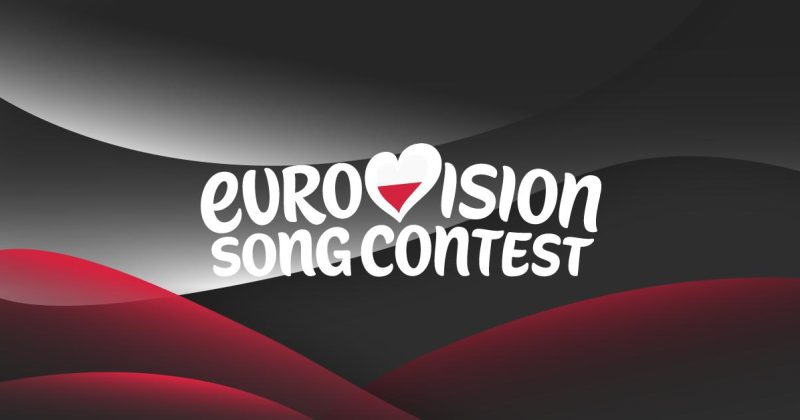
 National finals have yielded the highest results for many countries, with no fewer than
National finals have yielded the highest results for many countries, with no fewer than 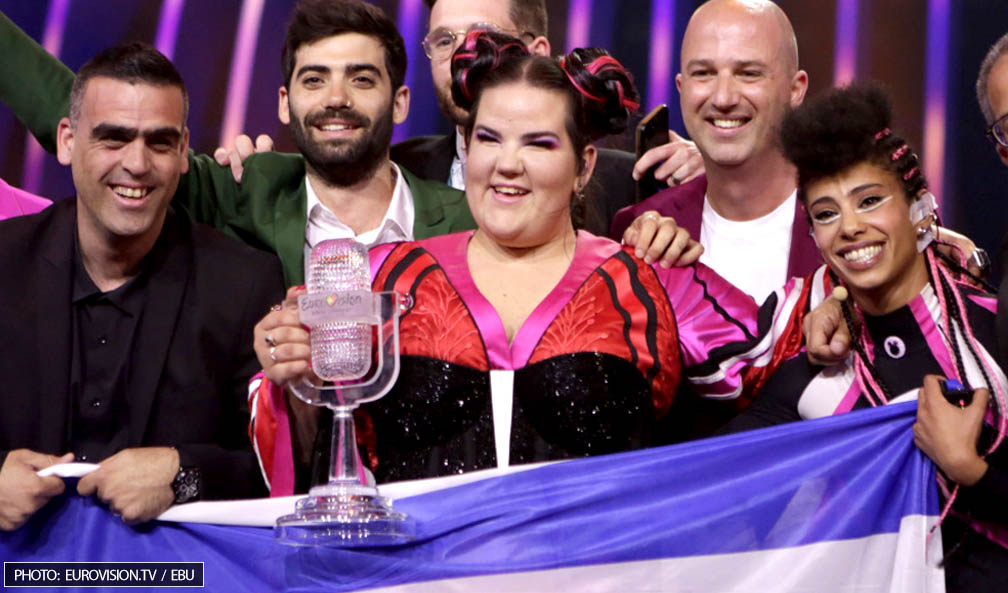 Israel also records two national final platforms in achievements, with the only 100 percent winning national final across Europe, being the “Festival HaZemer VeHaPizmon” which served as Israel’s national final for the years 1978 and 1979, in which Israel twice reached first place at Eurovision. “HaKokhav HaBa”, which just
Israel also records two national final platforms in achievements, with the only 100 percent winning national final across Europe, being the “Festival HaZemer VeHaPizmon” which served as Israel’s national final for the years 1978 and 1979, in which Israel twice reached first place at Eurovision. “HaKokhav HaBa”, which just 